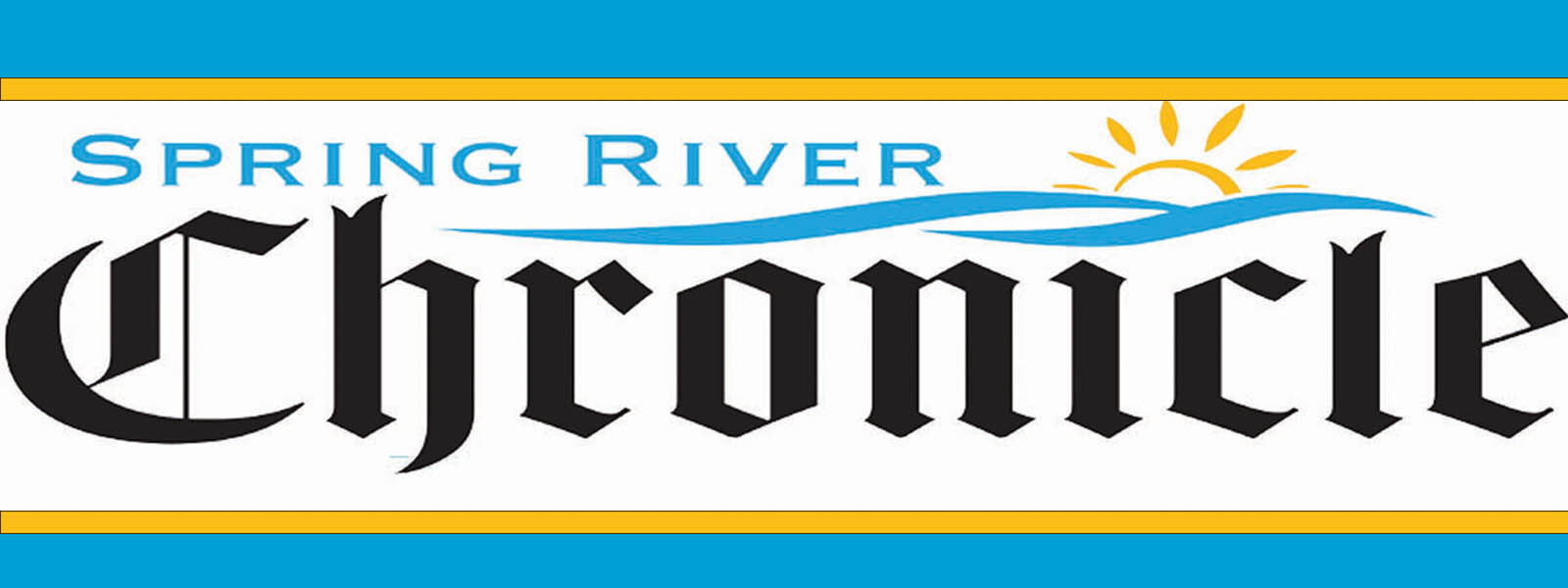Sonny Albardo, News Leaders Association
Just in time for Sunshine Week come several bills affecting Arkansas’ landmark Freedom of Information Act. Usually, legislative proposals involving the FOIA seek to remove more records or government activity from public scrutiny, not make things more transparent. In fact, a couple such bills have been filed in the current session. But I’d like to draw attention to some positive movement during a week dedicated to the government transparency. For this is Sunshine Week, an annual celebration and promotion of the public’s right of access to public information and open meetings. Refreshingly, three bills reviewed by the Arkansas Freedom of Information Act Task Force on Friday would actually enhance the public’s right to know what officials are doing with their tax dollars. The bills, filed by Republican Sen. Alan Clark of Lonsdale, would require holders of public records to respond to records requests inwriting within three days, mandate FOIA training for local public officials, and define a “meeting. ”Senate Bill 380 would require a records custodian to respond inwriting whether no records exist that are responsive to an FOIA re-quest, if responsive records exist but are subject to legal exemptions, and to identify the proper custodian of the records if the custodian who received the request “lacks administrative control over any responsive records. ”Fort Smith attorney and well-known FOIA warrior Joey McCutchen said the legislation is needed because local officials sometimes do not respond to public records requests if they don’t have the documents or the documents are exempt from public disclosure. The person seeking the records is then left wondering if they are being brushed off by the
official, breeding fur-ther distrust of gov-ernment.The FOIA alreadyrequires officials incharge of public re-cords to make thedocuments availableupon request (in otherwords, immediately)unless the requestedrecords are in storageor active use. If thelatter case applies, therecords administratorhas three days to noti-fy the requester of thetime and date whenthe records will beavailable.I have some con-cern that if this billbecomes law that of-ficials will now be-lieve they don’t haveto make documentsimmediately availableand will have up tothree days to reply toany records request.Most officials I’vedealt with over theyears reply quickly andwill ask for more timeto fulfill the requestif it comes late in theday or if the requestis voluminous. Mostreputable journalistsand citizens of good-will make accommo-dations for often har-ried holders of publicrecords.The sunshine pro-vided by freedomof information lawsworks best when of-ficials and the peopleseeking public doc-uments act in goodfaith. But we all knowor have known of-ficials who activelydon’t want taxpayersto know what’s beingdone in their name.That’s why SB 380 isa good sunshine bill.It makes clear that theholder of a public re-cord has to respondin writing to a requestand leave no doubtabout what next stepsa requester might needto take.Another good doseof sunshine comes viaSenate Bill 381, whichwould mandate annu-al training in the pub-lic records and openmeetings require-ments of the FOIA forthe governing bodiesof cities, counties andschool boards. Discus-sion during the taskforce meeting indicat-ed the bill’s sponsormight amend it to ad-dress concerns aboutrequiring in-persontraining, such as allow-ing online, pre-record-ed training that can beaccessed individuallyrather than require allmembers of a publicbody to attend a livesession.Regardless, man-datory training in theFOIA for public of-ficials — veterans orthe newly elected — islong overdue.Finally, Senate Bill382 seeks to addressa thorny issue thathas plagued Arkan-sas’ FOIA for decades:what constitutes ameeting of a publicbody or publicly-fund-ed entity. The FOIAdoesn’t define a meet-ing. It says only that“all meetings, formalor informal, special orregular, of the govern-ing bodies of all mu-nicipalities, counties,townships, and schooldistricts and all boards,bureaus, commissions,or organizations ofthe State of Arkansas,except grand juries,supported wholly orin part by public fundsor expending publicfunds, shall be publicmeetings.”The state SupremeCourt has addressedthe issue in numerousrulings but has left itto the Legislature todefine “meeting.” Sofar, legislators haven’ttaken the bait. In a2019 case, Fort Smithv Wade, the high courtruled that emails ex-changed by a city ad-ministrator and citydirectors about a civilservice board consti-tuted a meeting un-der the FOIA becausethey discussed citybusiness and soughtopinions on differentcourses of action.“Exempting elec-tronic communication[from the concept of ameeting] would allowgovernmental officialswho are so inclined tomake decisions in se-cret, leave the publicin the dark, and sub-vert the purpose ofFOIA’s open-meetingprovisions,” the courtmajority ruled.SB 382 would de-fine a meeting as “theconvening of two ormore members of agoverning body of apublic entity.” The billdeclares that a chancemeeting, of two ormore officials wouldnot be a meeting —unless of course theofficials “discuss, de-liberate or decide pub-lic business” during“any chance interac-tion, informal assem-blage or electroniccommunication.”I doubt the verbiagewill settle the “what isa meeting” debate, butthe proposal wouldhelp clarify matters formany public officialswho might otherwisejust want to ignore thepublic’s right to know.I’m sure there’ll besome other bills thissession that seek toundermine or even gutour state’s 56-year-oldFreedom of Informa-tion Act, but thesethree bill do much toshed a little more lighton local government.That they were filedjust as the annualSunshine Week obser-vance got underway isa hopeful sign.
